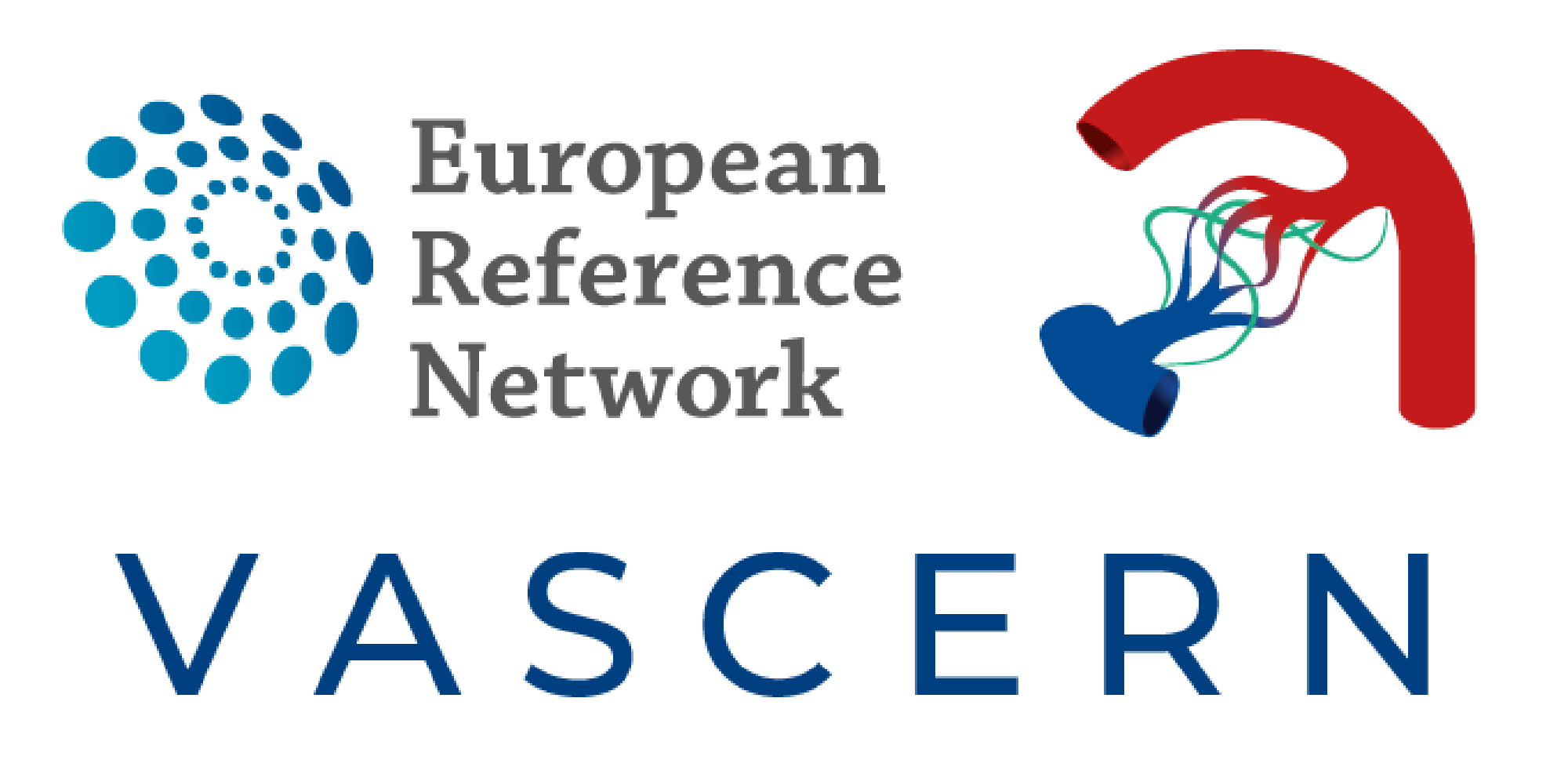Osler-Weber-Rendu disease (HHT-WG)
The Hereditary Hemorrhagic Telangiectasia Working Group is built upon Multidisciplinary Centres of Excellence that have been collaborating since their first international meeting in 1996.

The Hereditary Haemorrhagic Telangiectasia Working Group (HHT-WG) is one of the six Rare Disease Working Groups (RDWGs) within VASCERN that specialize in a particular type/group of rare vascular disease(s). The HHT-WG is dedicated to improving the lives of individuals affected by HHT through collaborative efforts across Europe. Chaired by Dr. Sophie DUPUIS-GIROD and Prof. Elisabetta BUSCARINI, this group stands at the forefront of HHT care, offering a wealth of knowledge and resources for patients, families, and healthcare providers.
These chairs, along with most of the Working Group members and collaborating centers, have been long-standing members of the Global Research and Medical Advisory Board (GRMAB) of the HHT Foundation International (now Cure HHT) with Hans-Jurgen MAGER currently serving as the GRMAB Vice Chair. We continue to maintain close collaborations with non-European HHT colleagues.
In partnership with the European Patient Advocacy Group (ePAG) represented by ePAG Co-Chairs Paolo Federici and Luisa Botella, the group ensures their initiatives resonate with and meet the needs of the HHT patient community. This collaboration empowers patients and families, integrating their perspectives into our research, advocacy, and education efforts.
The journey of the group over the past two decades has been marked by significant achievements and continuous innovation. Working closely with the Vascular Anomalies Working Group (VASCA-WG) and leveraging the strengths of the VASCERN network, the group aims to expand our reach, enhance patient care, and foster research that will lead to breakthroughs in HHT treatment.
Learn more about Hereditary Haemorrhagic Telangiectasia, engage with our expert-led research, and discover how you can contribute to our mission.
